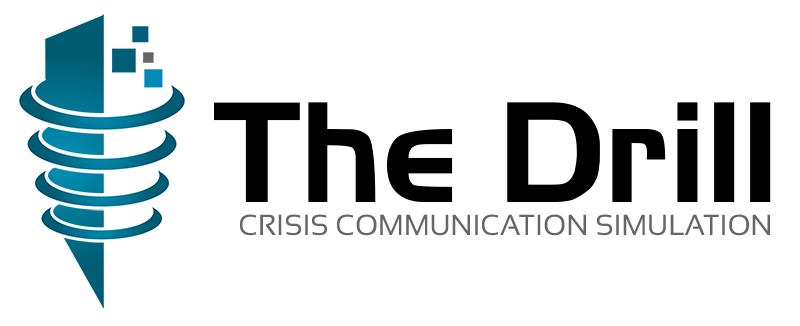Crisis Simulation and the Ebbinghaus ‘Forgetting Curve’
As frontline crisis consultants who also specialise in crisis management training, two of the biggest challenges we help clients with are firstly, creating and rehearsing those essential staff actions that are required during issues, risk and crisis scenarios.
The second, perhaps more formidable task, is how to ensure that the crisis management plans we design and drill staff for, are retained, recalled and used within those client companies after the crisis training has ended.
It’s a simple reality of business life that people forget stuff; their keys; their phones; the promise to call a dear pal and, sometimes, critical information that’s needed when new challenges or skills are required in their business or job role, especially if it’s in crisis management.
Add to this, the current reality that many people are pursuing the great resignation or switching jobs to better secure a healthier work-life balance, and the retention of intellectual equity pertaining to organisational knowledge and practices is under very acute threat right now.
It’s a truth, too, that crises do not beset every company every working day so the required crisis management plans, or crisis communications templates don’t get dusted down and used all the time: Practices become rusty; processes unrehearsed and triage parameters fade out of sight.
And that’s exactly when the dreaded ‘Forgetting Curve’ starts to have a really negative impact.
Studies show most students forget or lose around 90% of new knowledge within a working day of being taught it in the first place. If knowledge is not kept or practiced then the investment of time and money in training may be squandered.
This was first shown by German psychologist Hermann Ebbinghaus and Hermann insisted the best way to overcome the tendency to forget is to practice the freshly learned knowledge quickly and regularly.
Crisis management training, by nature, has been a very difficult set of skills and processes to practice and rehearse. Old methods of crisis management training such as tabletop discussions or clunky crisis powerpoint presentations tend to be largely thematic and theoretical.
But with new digital technologies emerging, crisis simulations have become more interactive, more granular and, therefore, more realistic. Because our crisis simulations replicate the diversity of decision-making pressures companies will face when crises descend, then the actions and behaviours required are as close to the real thing as you can get.
This ‘replication of real life’ method, addresses the problem of forgotten knowledge by - as Ebbinghaus advocated - practising the key skills quickly and realistically.
But here’s where we observe another problem creeping in…
Some companies believe that having run crisis management training or a simulated media crisis, they don’t have to run another until, possibly, an actual issue or risk threat emerges for real. Some can get away with running crisis simulations annually, perhaps more think that every three or five years is enough to keep them primed and ready for crisis response plans.
Ebbinghaus also proposed that spaced learning could also help fight the tendency to forget essential knowledge. Spaced learning simply refers to chunking the learning material down into more manageable - and timed - memory blocks. Then, by allowing students or learners to return to the material over time, they would have a greater likelihood of recalling those essential protocols and practices.
While another classic learning methodology - Edgar Dale’s Cone of Experience - suggests that learners or students will retain almost 90% of training tasks they physically do (as opposed to hear or read about), there are still the other realities of working life, which chip away at knowledge retention:
New information constantly competes for brain bandwidth; new challenges or actual threats emerge within business markets; key staff are poached or moved on; new governance and regulatory developments place new requirements on operational practices.
The issues management landscape in dynamic and not static - which is why all organisations need to commit to more regular and more realistic crisis training exercises. It’s in their best interests - and the best interests of their staff to do so.
If your company has crisis management, or crisis communications plans that have not been tested and rehearsed in the last 12 months, perhaps now is a great time to remember the ‘Forgetting Curve’.
Give your team a fighting chance to get fighting fit for crises; perhaps it’s time to run a crisis management simulation in Q1 or Q2 or 2023 ?
